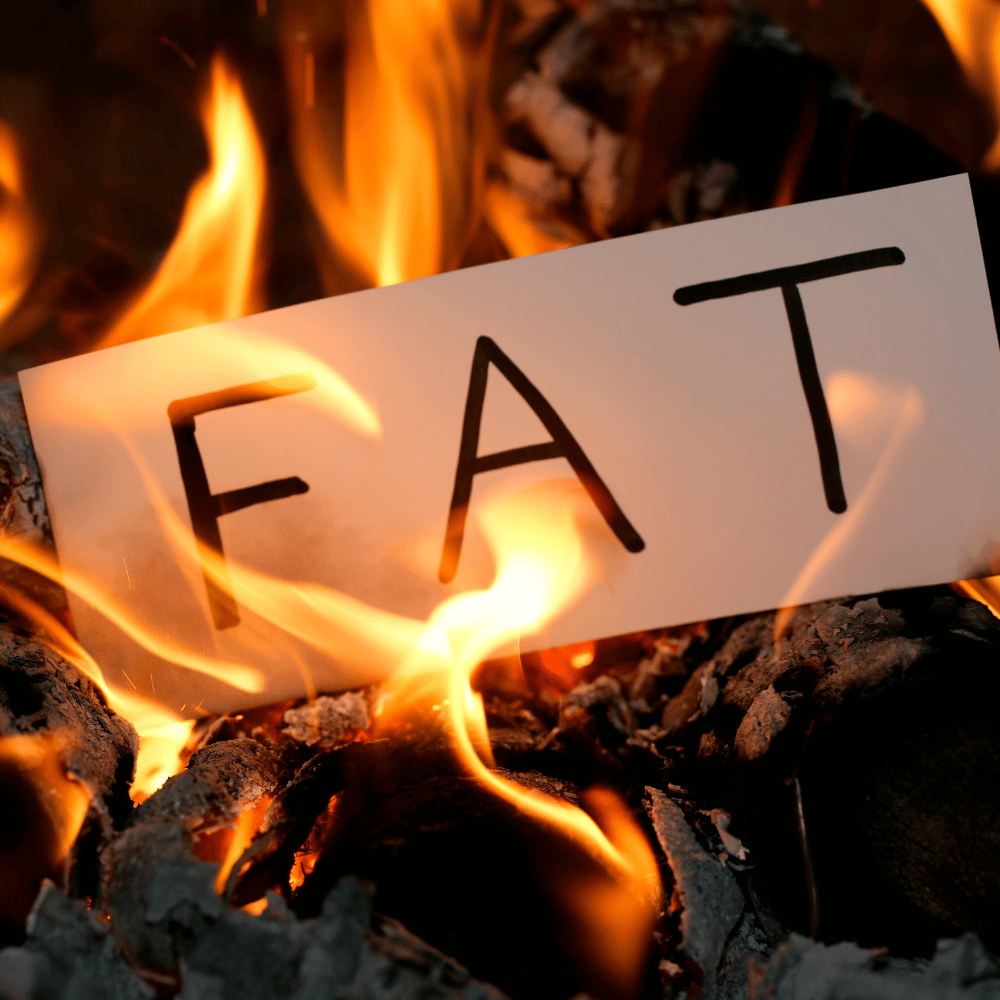Intermittent fasting is a popular dieting technique that has been gaining traction in recent years. It involves eating within a designated “eating window” and only allowing yourself to eat during certain periods of the day. For night shift workers, it can be difficult to maintain an intermittent fasting schedule due to their unconventional work hours. But with some creativity and ingenuity, they can still reap the benefits of intermittent fasting while on the night shift.
Working the Night Shift
A night shift worker often faces a unique set of challenges when it comes to their health, including difficulty sleeping and maintaining a healthy diet. This can make it tough for them to stick to an intermittent fasting schedule since most people practice intermittent fasting by creating an eating window between 8-12 hours during the day. However, night shift workers who want to try intermittent fasting can start by eating about the same time between 7 PM and 11 PM instead - so they can still get all the health benefits of this popular dieting technique despite their unconventional work hours.



How Does Working the Night Shift Work Impact the Body?
Working a night shift schedule can have a significant impact on the body, both physically and mentally. Physically, working night shifts often disrupts the body's circadian rhythm which can create several negative long-term effects. Working night shifts is associated with an increased risk for weight gain and cardiovascular disease due to abnormal eating habits (ie inconsistent eating schedule) that usually accompany this type of work. Additionally, it can increase fatigue and depression because of a lack of social contact during working hours and disruption in daily activities.
Mentally, the stress caused by working night shifts can result in difficulty focusing or paying attention as well as decreased cognitive functioning. It's also linked to mood disorders such as anxiety or depression because it disrupts hormones like cortisol which regulates stress levels produced by our bodies. Studies even show that those who worked at least three years on rotating night shifts were more likely to experience chronic mental health problems than those who worked day shift jobs.
For optimal health, medical professionals recommend limiting your exposure to regular night work (~1 hour per week) if possible and engaging in healthy lifestyle habits such as exercise, taking proper nutrition breaks at work/home, and getting enough rest when you’re off duty among other things in order reduce risk factors potentially associated with working long hours overnight.



The Benefits of Intermittent Fasting
Intermittent fasting while working a night shift can be an effective tool for those looking to lose weight, manage their food intake and make positive lifestyle changes. The key to IF whilst on shift is to schedule meals during a specific fasting window. For those who work at night, this means creating a window of eating around their shift change or other times that may work best for them.
One of the main benefits of following an intermittent fasting plan while working nights is it allows you to eat more healthily since you are not snacking late at night when your body’s metabolism slows down. Additionally, you’re able to better maintain your energy levels as you will only be eating at certain times throughout the day rather than grazing on snacks all hours long. This way, sticking with a set mealtime schedule, can help improve alertness and help with focus during your shift and afterward.
Another advantage to intermittent fasting while working nights is that it helps prevent overeating because there will be fewer hours available for eating due to the shortened sleep length caused by the late-night schedule. Limiting food consumption in smaller windows spread out throughout the day instead of late into your work hours can also reduce stress on both physical and mental health over time.
Overall, if done right with healthy intentions behind each meal plan made per window then intermittent fasting while working nights have several benefits including helping maintain energy levels via regularized meals/snacks as well as aiding in weight loss through prevention from overeating which usually occurs later in shifts due shorter sleep cycles associated with a late-night schedule



Challenges with Intermittent Fasting
One challenge with using this type of dieting strategy is that it requires you to stick with consistent eating times each day - something that may be difficult for night shift workers who have irregular schedules from week to week. Additionally, some experts suggest that you should not do any high-intensity exercise immediately after your “fasting period” (which typically lasts 16 hours), as this could be dangerous if you have not had enough food or water in your system beforehand. Therefore, if you are planning on doing any strenuous physical activity during your night shifts then you may need to adjust your eating window accordingly. Finally, remember that everyone responds differently when it comes to diets - so what works well for one person may not be suitable for another! Make sure you listen to your body while experimenting with different eating patterns until you find one that works best for you and fits into your lifestyle.
Summary: Intermittent Fasting Night Shift Benefits and Challenges
If done correctly, an intermittent fasting protocal can provide numerous health benefits such as weight loss, improved metabolism, and reduced inflammation in the body – particularly useful if you’re trying hard to lose fat or gain muscle mass quickly! For those working the night shift however, there are some special considerations like adjusting your eating window around your work schedule or avoiding high-intensity exercise directly after long fasts; but with some creative planning and a willingness to experiment – anyone on the night shift should be able to benefit from this popular dieting technique! And remember -- always listen closely to your body when making dietary changes; what works well for one person might not work at all for another. With these tips in mind – good luck with finding out what works best for you.
Related Pages:
- Picking The Best Coffee Creamer for Intermittent Fasting
- Choosing The Best Coffee Creamer For Weight Loss
- The Case for Healthy Coffee Creamer
- Does Oat Milk Break a Fast?
- Does Stevia Break a Fast?
- Does Coffee with Creamer Break a Fast?
- Can You Drink Coconut Water While Fasting?
- What's Difference between Dirty Fasting vs Clean Fasting?
- Does Coffee with Cream Break a Fast?
- Does Truvia Break a Fast?
- Does Collagen Break a Fast?







